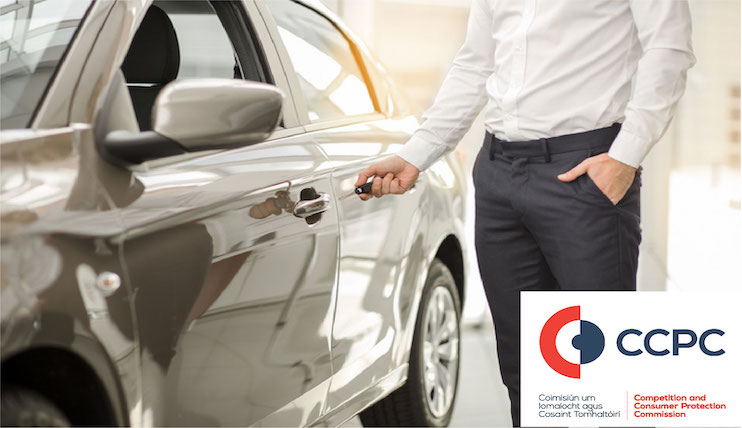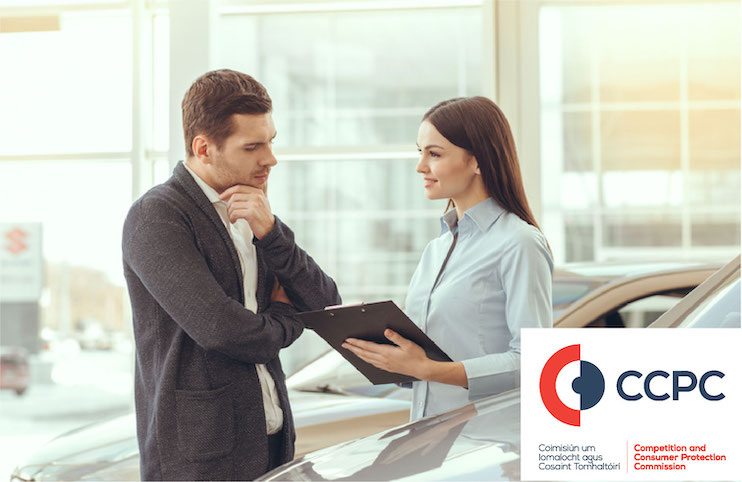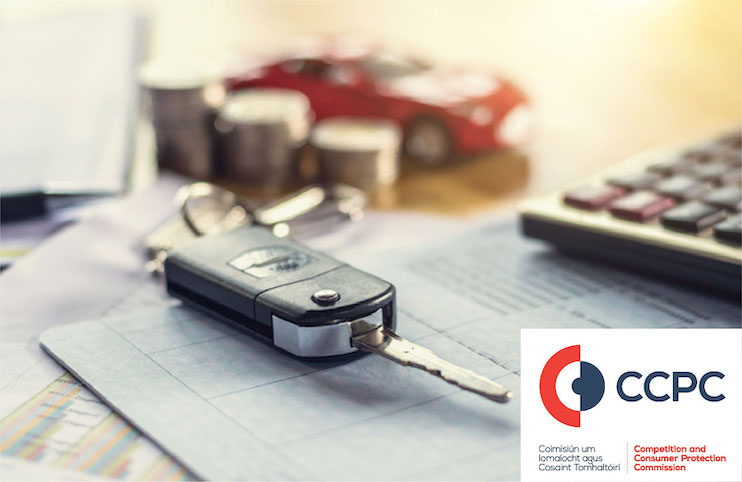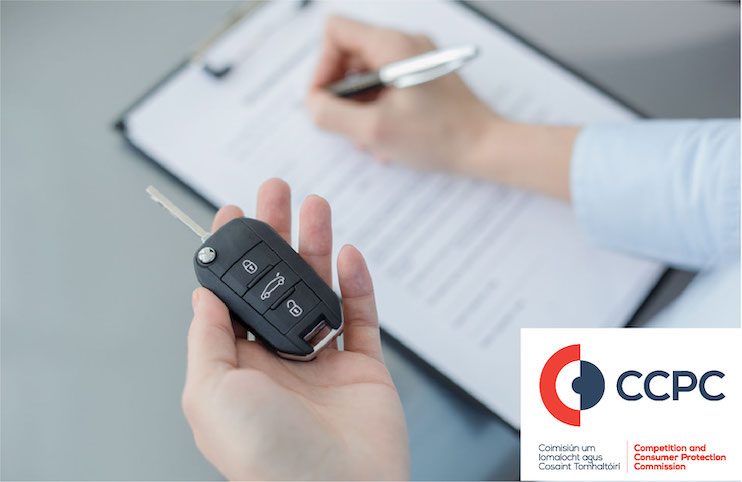Buying a used car can be a daunting task, there is always a certain amount of risk involved. But if you know where to go and what to look for you should have nothing to worry about, and could even save yourself a bit of money.
In partnership with the Competition and Consumer Protection Commission (CCPC) we’ve put together the following tips and advice that should reduce your risk and give you peace of mind when driving away with your new pride and joy.
Before you buy a car
Buying a car, even a second-hand one, can be a big expense. If you buy a used car from a dealer you have rights under consumer law. It should be of reasonable, acceptable quality given the age, cost and history of the car; it should be fit for purpose and roadworthy. It should also match the description of the car given verbally, in an advert or on a website. There are a number of checks you should carry out before you hand over any money.

Dealer or private seller?
When buying a second hand car you generally have the option of buying from a trader or a private seller. Your consumer rights will depend on whether you buy from a dealer or a private seller. If you buy from a dealer, you have some protection under consumer law. However, if you buy privately, you do not have the same consumer rights.
.jpg)
Important questions to ask the seller
There are a number of questions you should ask the seller before you buy a car and a number of checks you should carry out. Has the car ever been crashed? Is the mileage correct? The CCPC’s car buyer’s checklist has a list of important questions to ask the seller, which you can then ask them to sign.

Check the history of the car
There are a number of companies who can check a car’s history for you for a fee. These checks can give you details that the seller may be trying to hide. For example, if the car was involved in a crash, was ever written off, the true mileage, or if it was used as a taxi.
.jpg)
Check if there is outstanding finance
If you buy a car with outstanding finance on it, you could be liable for the money that’s owed, even if you have already paid the previous owner for it. Or the finance company could repossess the car, even if you have paid money for it. There are companies that keep records of cars subject to hire purchase and PCP agreements. Make sure the car you’re thinking of buying does not have outstanding finance.

Check the paperwork of the car
If the car is Irish, you should ask the seller to show you the Vehicle Registration Certificate (VRC). If the car is an import from the UK ask to see the V5C. These show the current owner so the name should correspond to the person selling the car.

Your rights if things go wrong
If you buy a used car from a dealer, you have some protection under consumer law. However, if you buy privately, you do not have the same consumer rights because the person selling the car is not selling it as part of their business. Therefore, it’s very important to know who you are buying from.
For more information about the rights you have as consumer and advice on your vehicle visit the Competition and Consumer Protection Commission website.